Discrimination at First Sight; The Reality of Government Agencies Not Being 508 Compliant
Published on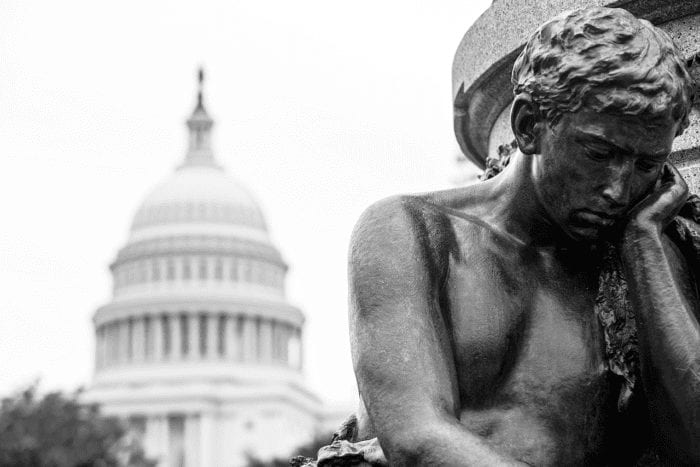
Government regulations and reporting affect nearly every area of our lives. Whether it’s healthcare, social security, taxes, housing, transportation, or a myriad of services, the government is often involved.
Government agencies often communicate with their constituents through printed materials, electronic documents (like PDFs), or the content on their website. These agencies must provide their communications in an accessible format like braille, large print, audio, accessible PDF or accessible websites.
Without an accessible form of communication, millions of Americans don’t have the information they need.
Take, for example, one of our founders, Lou Fioritto. Lou was born blind and has often shared his experiences growing up in an inaccessible world.
As a young man, when Lou received government documents or other important communication in the mail. He paid high school students to read them aloud. Unlike other young adults in their 20s, Lou sacrificed his privacy and security to achieve independence.
No one should ever experience what Lou did all those years ago. The reality is people who have a visual or reading disability are unable to access important documents and without challenges.
In addition to banks, hospitals, and other businesses, government agencies and institutions must provide consumers with information in accessible formats. In March 2017, the Information Technology and Innovation Foundation (ITIF) analyzed the accessibility of government websites. They found 58% of the 300 most widely used government sites indicated significant accessibility problems.
So, what happens when equal access is denied?
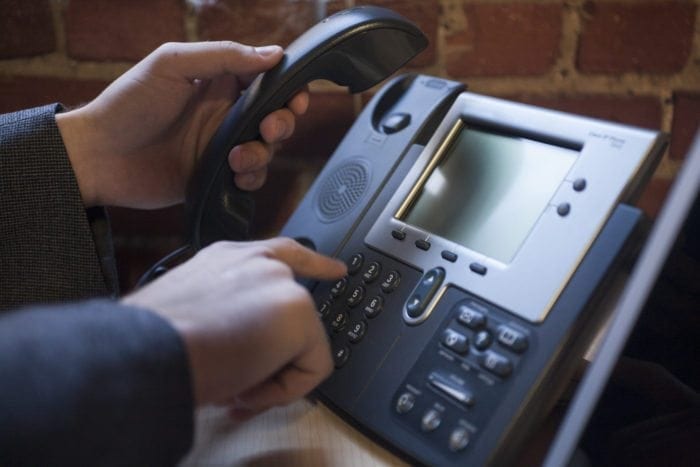
Exclusion of individuals who are disabled.
When a person with a visual impairment or blindness contacts a government agency and asks for assistance, they can expect a quick and satisfactory response. However, they frequently hear “I don’t know who can help you”. This is a barrier that is preventing a person from getting the information they need.
Personal accessible technology is useless when agency websites are not accessible.
Even when someone has a personal accessibility solution such as a screen reader, they still need government agencies to provide accessible websites and PDFs.
Accessible technology may allow the user to navigate the pages of government websites. However, more often than not, they are unable to find the information they need. If the website is formatted properly with the correct heading levels, table structure, alternate text, etc., the user can navigate the site and read the content on the site. Without proper formatting, all the accessible technology in the world will not help the people who rely on it.

We miss valuable opportunities to communicate much-needed information.
The “Effective Communication Rule,” under Title II and Title III of the Americans with Disability Act (ADA), makes it mandatory for public and private businesses to provide equal access to all communication. Accessible formats like braille and large print are just additional ways of presenting the same content in an accessible format.
In the event of a national emergency, it’s important for people who have a visual or reading disability to have access to the same information, warnings and resources as everyone else. Once the immediate emergency has passed, there may be a need to fill out FEMA or other government forms. It’s critically important that these web pages and forms are accessible to all. Compliant government agencies save lives and help people in need.
People miss out on valuable government agency resources.
If agencies do not provide accessible documents or 508 compliant websites following Web Content Accessibility Guidelines (WCAG) AA standards, people cannot be active participants in these agencies’ programs and resources. It is a common but inaccurate perception that every person with a disability has a family member or friend who can help them navigate inaccessible websites and complete inaccessible forms. Moreover, people with disabilities shouldn’t have to reach out to their friends or families. Government agencies should empower them with accessible document options.
In addition to properly formatted websites, alternate format documents like 508 remediated PDFs, braille, large print, and audio keep all Americans in the loop. If we assist all people, we enable our country to reach its full potential. Removing barriers in America leads to less discrimination, more independence, and a shared value of and respect for the dignity of every person.
Categorized in: Government
This post was written by
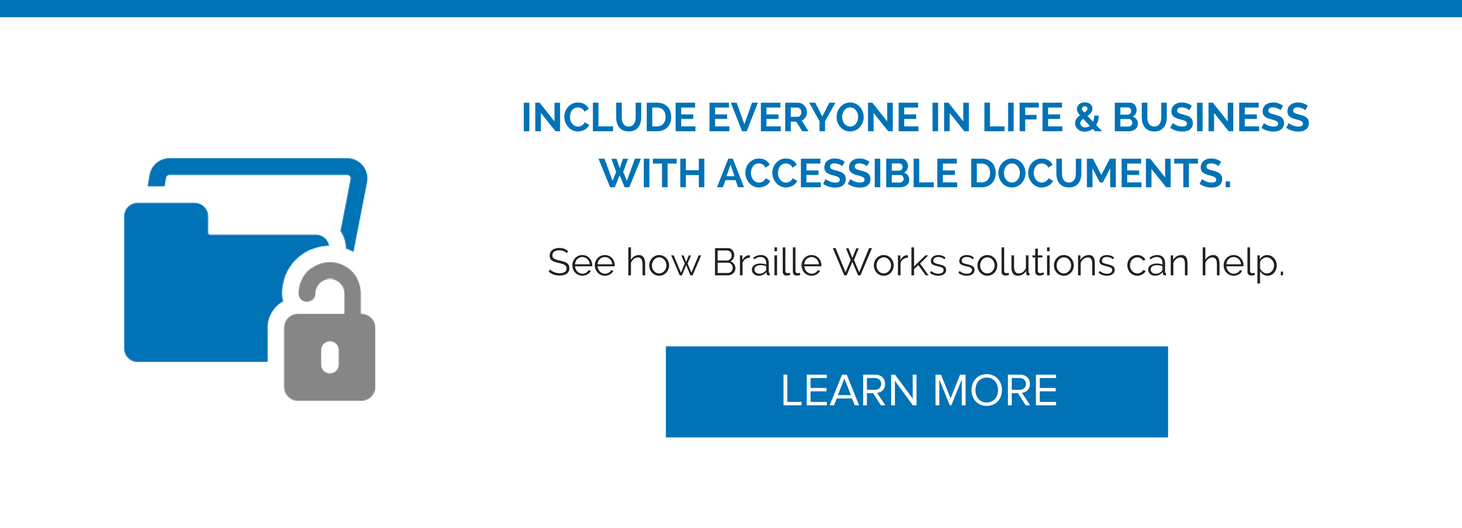
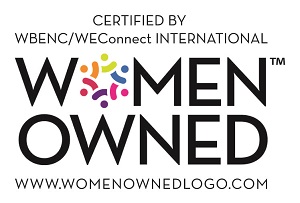
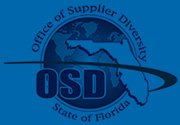

Comments are closed here.